Halloween Etymology: Tracing the Origins of the Spooky Holiday
Related Articles: Halloween Etymology: Tracing the Origins of the Spooky Holiday
- Disney Halloween GIFs 2024: Spooky And Enchanting Images To Celebrate The Season
- Prepare For A Spooktacular Night: Halloween Day Party 2024
- Halloween Dog Parade 2024: A Spooktacular Canine Extravaganza
- Disney Border Halloween 2024: A Spooktacular Extravaganza
- Disney Toys Embraces The Spooky Spirit With Enchanting Halloween Collection For 2024
Introduction
In this auspicious occasion, we are delighted to delve into the intriguing topic related to Halloween Etymology: Tracing the Origins of the Spooky Holiday. Let’s weave interesting information and offer fresh perspectives to the readers.
Table of Content
Video about Halloween Etymology: Tracing the Origins of the Spooky Holiday
Halloween Etymology: Tracing the Origins of the Spooky Holiday
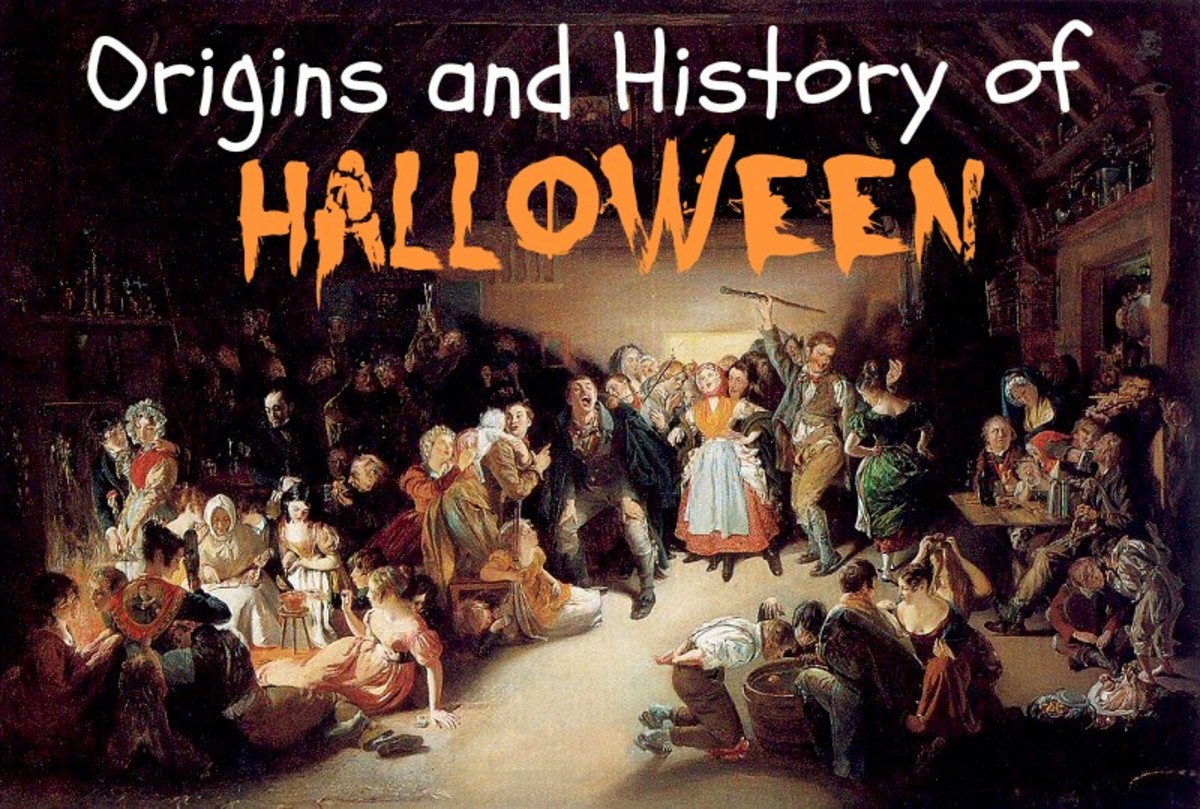
Introduction
Halloween, an annual celebration observed on October 31st, has become synonymous with costumes, candy, and spooky decorations. However, the origins of this beloved holiday lie in ancient traditions and beliefs that have evolved over centuries. Etymology, the study of word origins, provides insights into the evolution of Halloween’s name and its significance throughout history.
Celtic Origins: Samhain
The roots of Halloween can be traced back to the ancient Celtic festival of Samhain, celebrated on November 1st. The Celts, who inhabited parts of Europe, believed that on Samhain, the boundary between the worlds of the living and the dead became blurred. It was a time when spirits were said to roam freely, and people would don costumes and light bonfires to ward off evil spirits.
Roman Influence: Pomona
As the Roman Empire expanded, it brought its own traditions and festivals to the Celtic regions. Pomona, the Roman goddess of fruit and trees, was celebrated on October 31st. Over time, elements of the Roman festival blended with the Celtic Samhain, further shaping the origins of Halloween.
Christian Influence: All Saints’ Day and All Souls’ Day
In the 8th century, Pope Gregory III designated November 1st as All Saints’ Day, a day to honor Christian saints. The night before, known as All Hallows’ Eve, became a time of remembrance for departed souls. This Christian influence further shaped the evolution of Halloween, with the name "Halloween" being a contraction of "All Hallows’ Eve."
Etymology of "Halloween"
The term "Halloween" first appeared in the 16th century in Scotland. It is derived from the Middle English phrase "All Hallows’ Eve," which means "the evening before All Saints’ Day." The word "hallow" comes from the Old English word "halig," meaning "holy."
Regional Variations
Over time, Halloween has spread to many countries around the world, each with its own unique traditions and variations on the name. In Ireland, for example, the holiday is known as "Oíche Shamhna" (pronounced "ee-huh haw-na"), which translates to "Night of Samhain." In Mexico, it is celebrated as "Día de los Muertos" (Day of the Dead), a time to remember and honor deceased loved ones.
Modern Halloween
The Halloween we celebrate today is a blend of ancient traditions, Christian influences, and modern customs. It is a time for costumes, candy, and spooky decorations, but it also remains a reminder of the ancient belief in the boundary between the living and the dead.
Conclusion
The etymology of Halloween reveals a rich history that spans centuries and cultures. From its Celtic origins as Samhain to its Christian influences and modern-day traditions, Halloween has evolved into a beloved holiday that continues to fascinate and inspire. Understanding the origins of its name provides a deeper appreciation for the significance and symbolism of this spooky celebration.

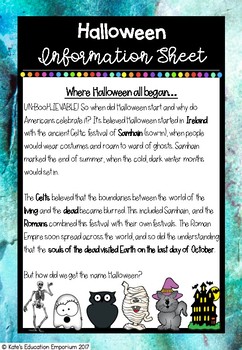

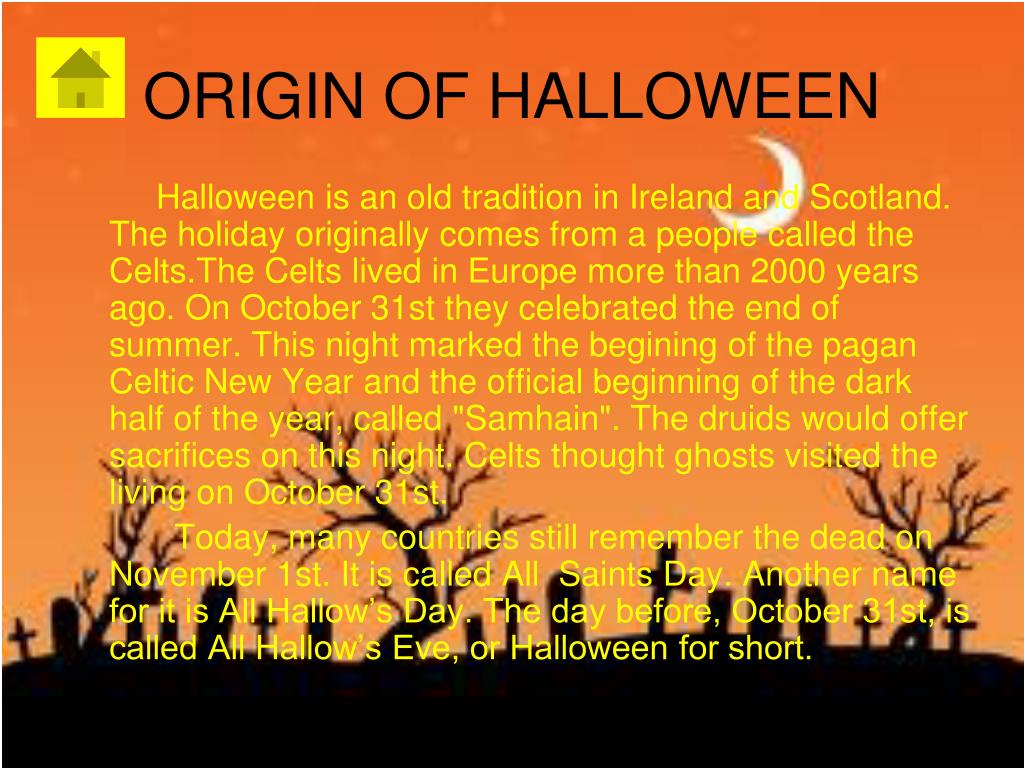
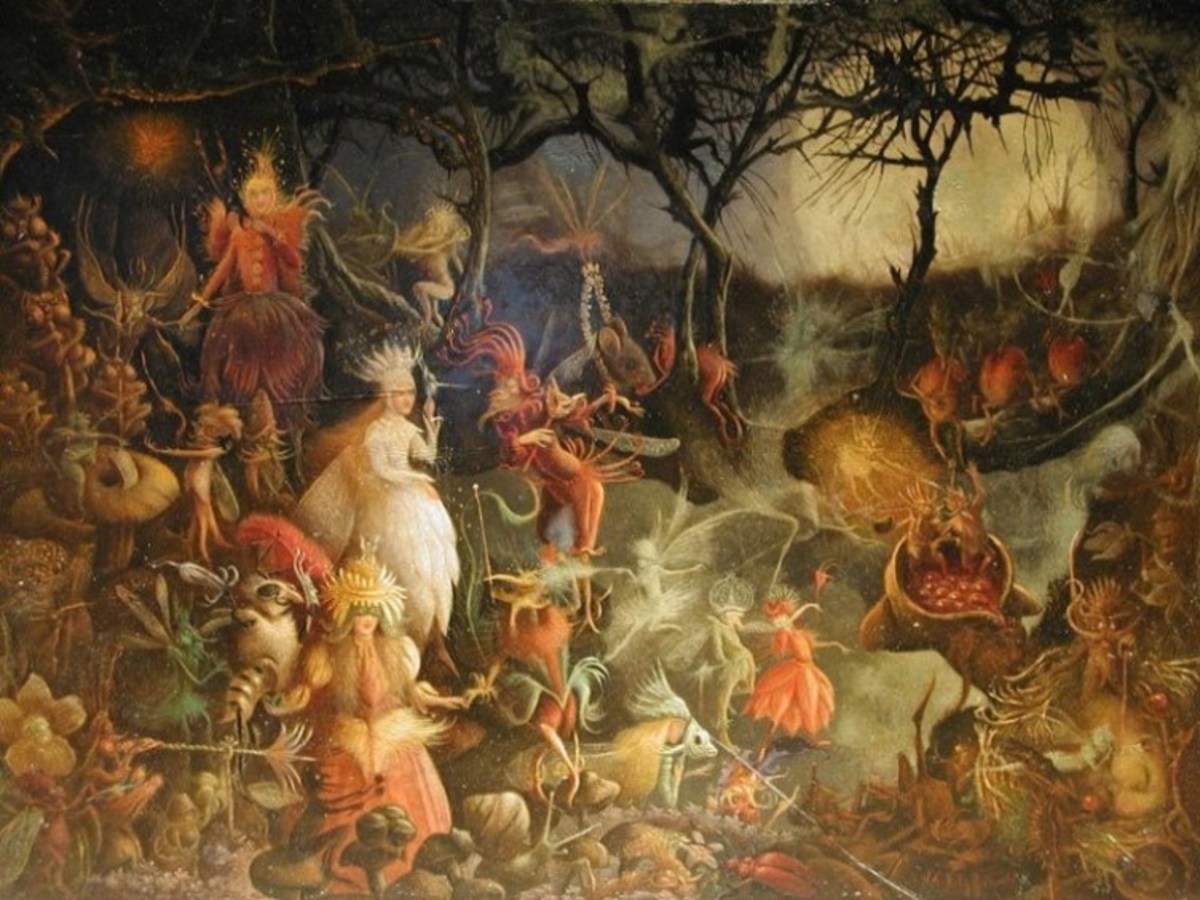


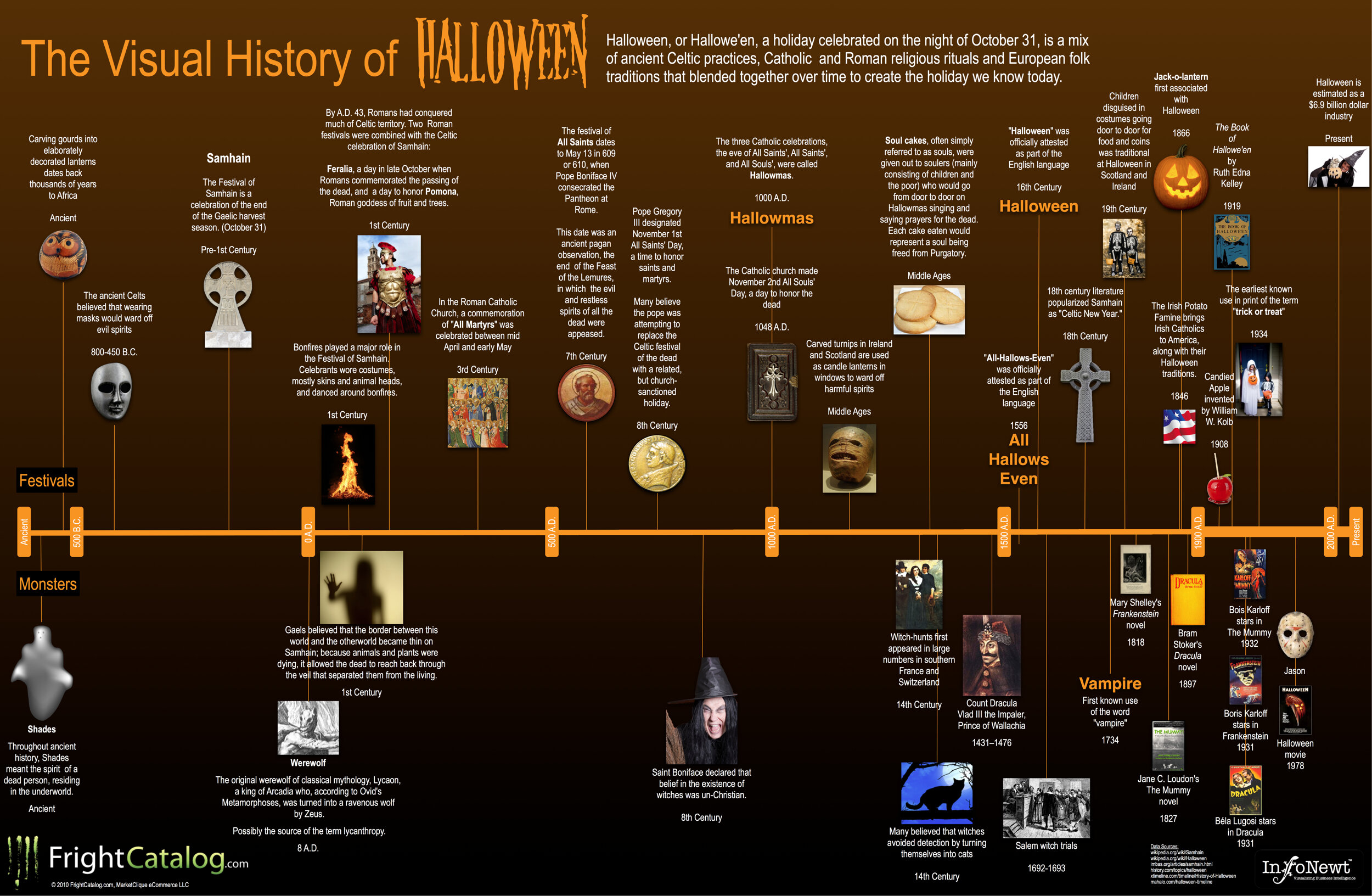
Closure
Thus, we hope this article has provided valuable insights into Halloween Etymology: Tracing the Origins of the Spooky Holiday. We hope you find this article informative and beneficial. See you in our next article!